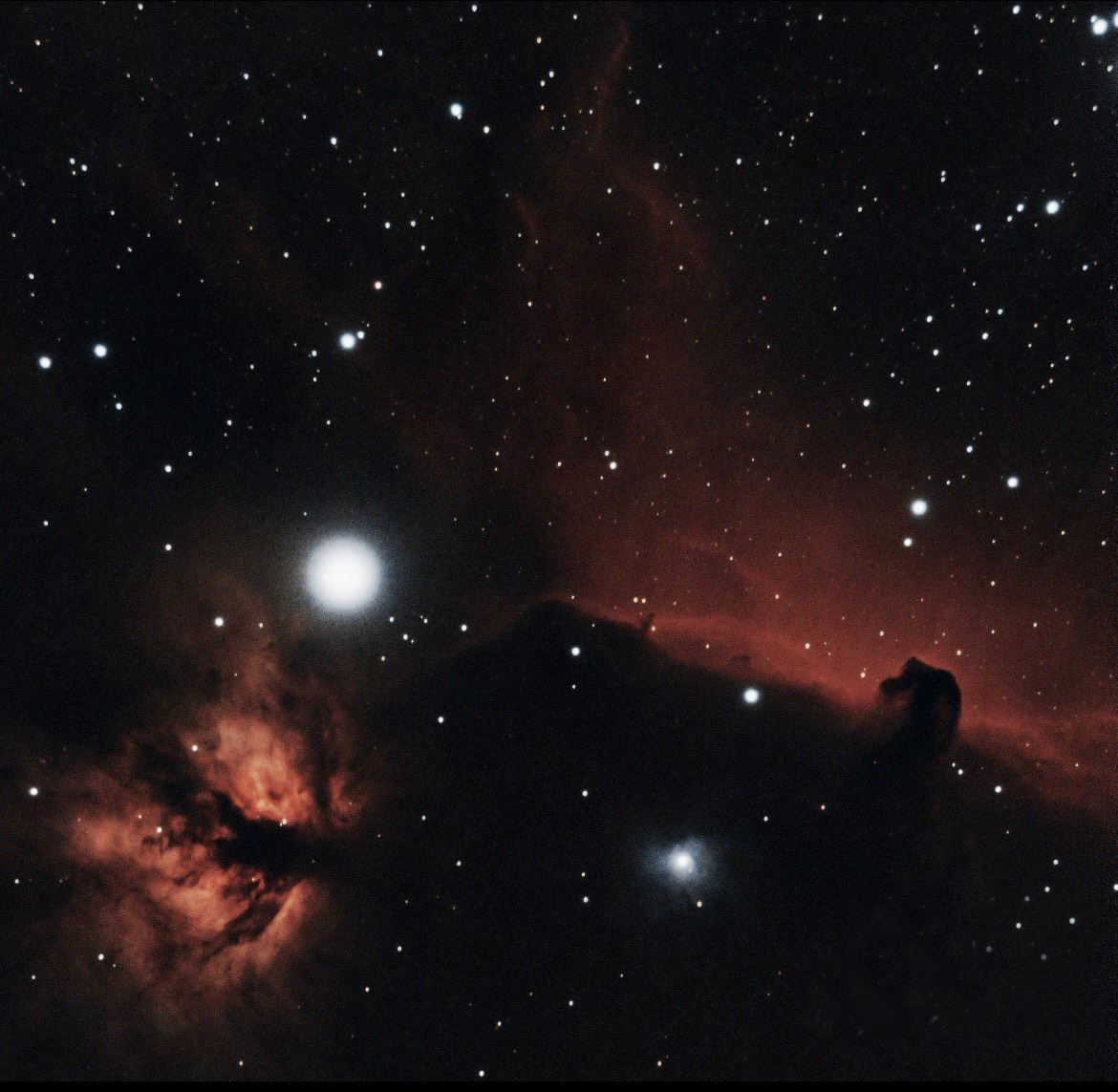While most people look up to the stars for their hopes and horoscopes, others, like junior Levon Tabirian, actually study the universe. Tabirian worked months on writing a research paper that proposed another explanation for a common phenomenon.
“[The paper] is essentially a different interpretation of the expansion of the universe,” Tabirian said. “Right now, they attribute the expansion to the Doppler effect. I’m saying that maybe this expansion can be indicated by characteristics of light interacting with matter.”
Tabirian became interested in this subject after learning about the field of astrophysics.
“I read a lot of books, articles and publications on it,” Tabirian said. “Then, as I got more interested in the subject, I formed my own ideas on it. Once I had ideas, the paper came naturally.”
The paper itself took approximately 350 hours to research and write over the past six months, and most of it was independent research. Tabirian wanted to immerse himself in all the background knowledge necessary and learn information that transcended the specific field of astrophysics.
“I started out with the idea of this different interpretation of the expansion of the universe,” Tabirian said. “From there, I had to study the math and theory behind all of it. I spent almost a month deriving the equations I needed. After that, I had to apply the mathematical model I came up with to use for the actual experimental data.”
When Tabirian wrote the paper, he would stay up late to research a new idea or write another paragraph for his paper. Tabirian would also wake up in the middle of the night just to jot down an idea in his notebook.
Before Tabirian sent his paper to publishers, he drafted multiple papers and asked teachers and friends to look over it.
“I sent it to Mr. Arney, and he gave me nice feedback,” Tabirian said. “Dr. Mortimer also answered some questions that I had. I also sent it to some of my friends to see what they thought about it. I don’t think they understood it fully, but they said they liked it.”
Another figure that helped Tabirian was Kalée Tock, who has her B.S. in Chemistry from Harvard University and an M.S. from the Stanford University Department of Chemistry. Tabirian met her through the Honors Astronomy Malone School course that he took in the 10th grade.
“I was fortunate for her to send me back some really valuable feedback, which I improved the paper on,” Tabirian said. “I believe she also showed it to some of her colleagues at Stanford, and a couple months later, she invited me to guest lecture at her classes at the Stanford Online High School.”
On Jan. 15 and Jan. 16, Tabirian delivered two video presentations for the astronomy and research classes at Stanford Online High School, which is a highly selective independent school in the Stanford area.
“I really liked all the questions they were asking me,” Tabirian said. “Not only did it reaffirm my understanding and looking at different perspectives, but it also showed me that people were interested in the subject matter. It was perspective-changing for me because before this, it was just a few reviewers who have looked at my paper and me.”
Tabirian looked into submitting his paper to several different international journals, and he eventually decided that to send it to Optik, a prestigious international journal that with articles discussing topics like light and electrons. Tabirian will receive the results soon to see if the journal will publish his paper.
“[Astrophysics] is kind of my passion at this point,” Tabirian said.














